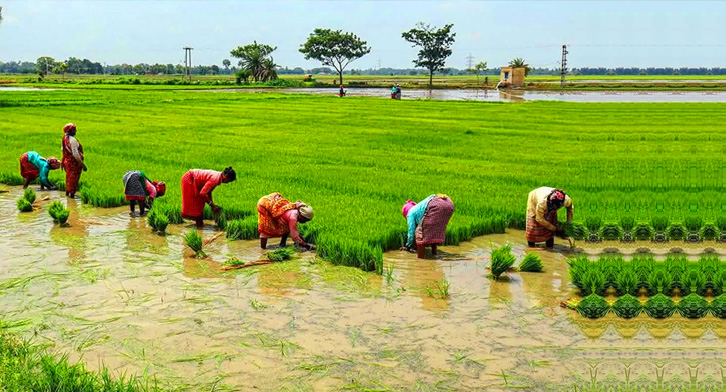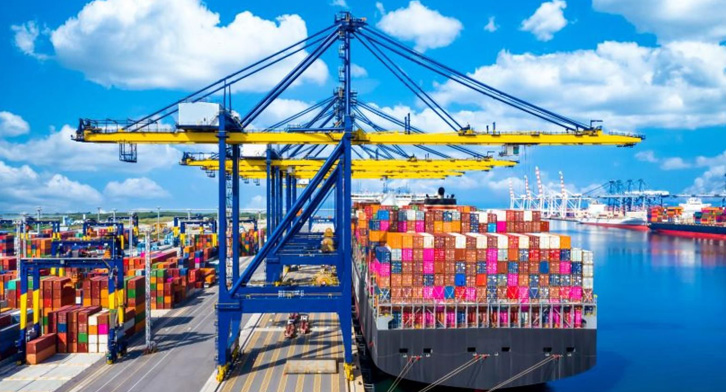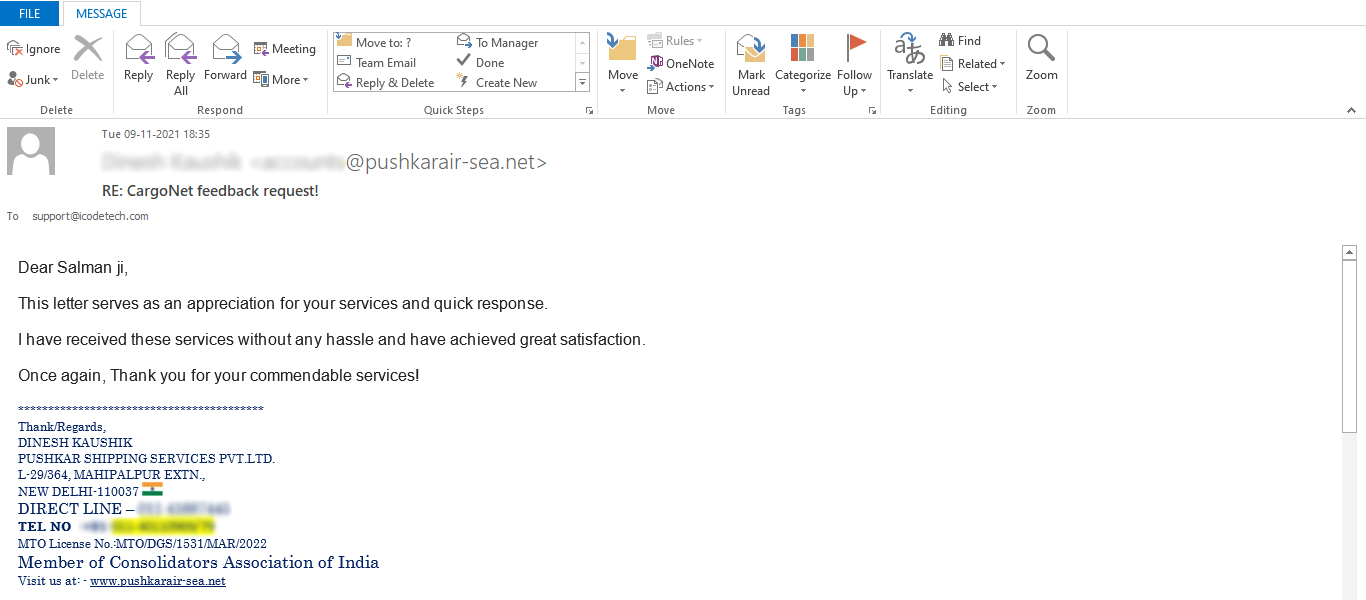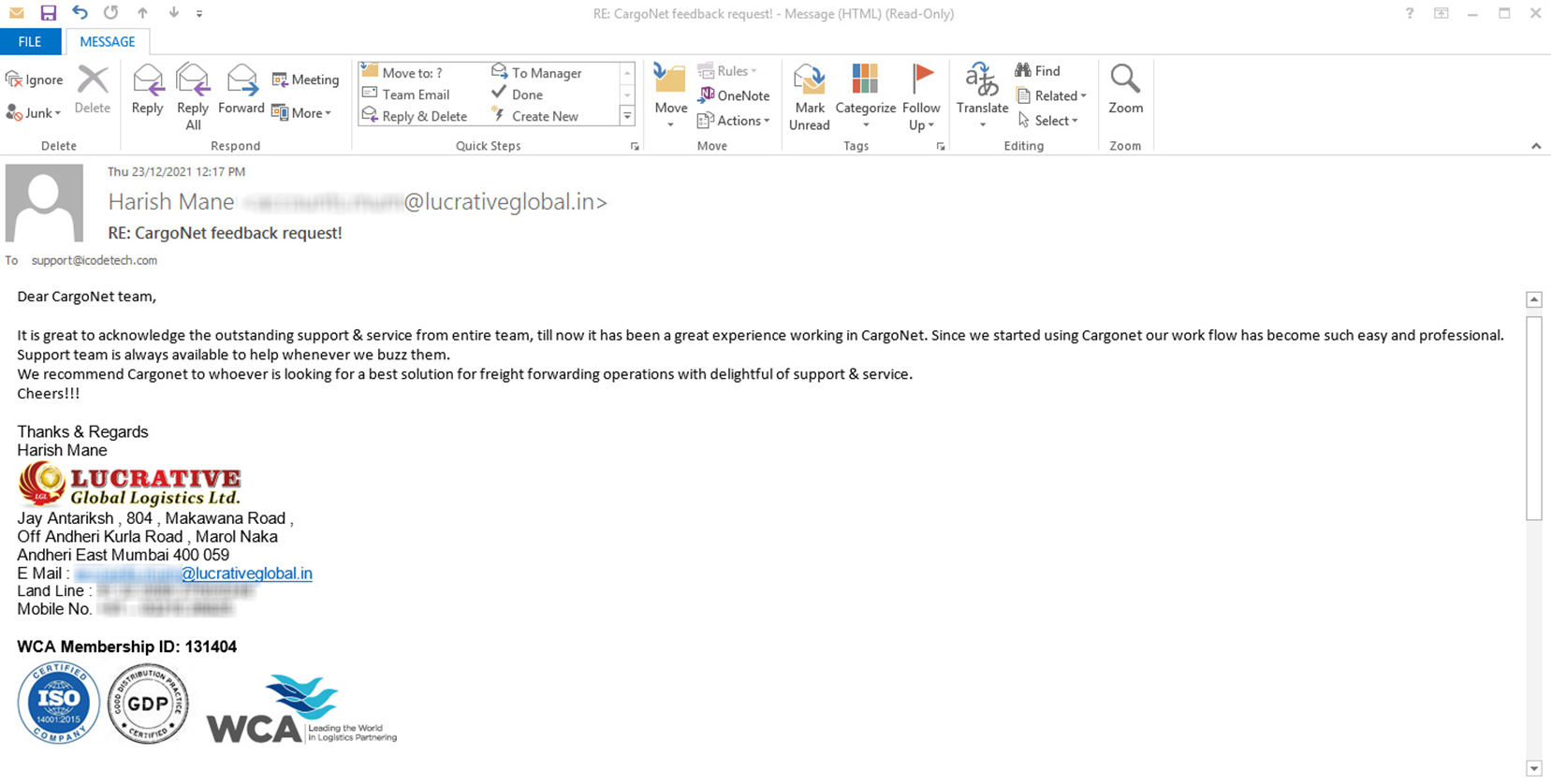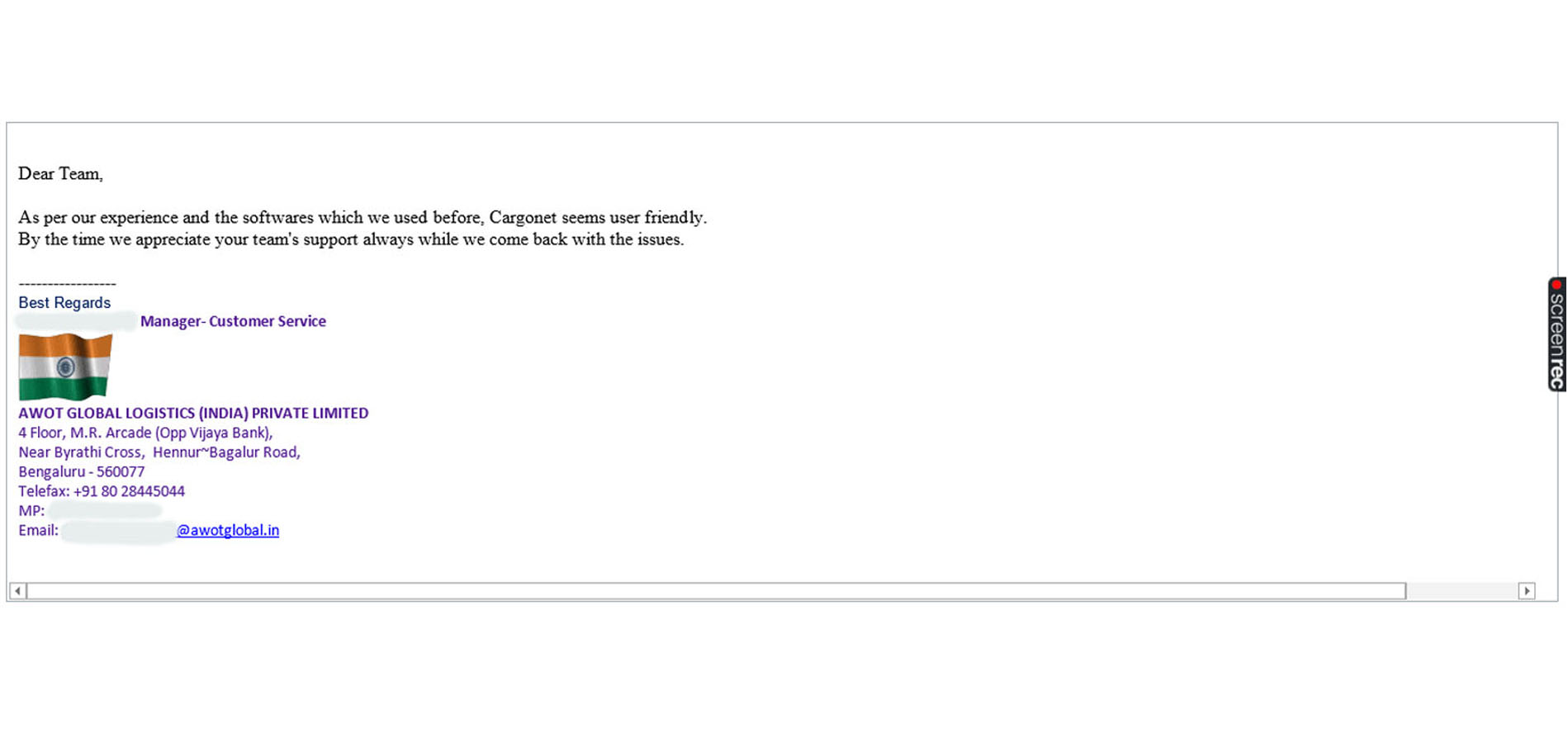Despite being among the world’s top producers of crops like rice, sugar, mangoes, and bananas, India has struggled to unlock the full potential of its agri-export market—especially in high-demand segments like premium tropical fruits and convenience foods.
Now, with a bold vision in sight, the Indian government has set an ambitious $100 billion target for agricultural exports by 2030, aiming to double its current $50 billion baseline.
What’s Driving the Push?
- Lack of product diversification: Over-reliance on bulk staples (like rice and sugar) has stalled growth in more profitable, value-added segments.
- Untapped potential: India leads global production of bananas (25.4%) and mangoes (44%) but contributes less than 2% to their global exports.
- Logistics bottlenecks: High perishability, domestic pricing, and air freight dependency are limiting factors.
APEDA’s Two-Phase Export Strategy
The Agricultural and Processed Food Products Export Development Authority (APEDA), under the Ministry of Commerce, is spearheading efforts in collaboration with ICRIER to double its current $25 billion contribution.
Phase 1 Focus Areas:
- Bananas
- Mangoes & mango pulp
- Potatoes
Phase 2 Expansion:
- Oranges, grapes, and chillies
- Okra, baby corn, groundnut
- Dairy, honey, table eggs
- Juices and pulps
Key Insights from ICRIER’s Report:
- Bananas: Exports rose from $25M (2010) to $250.6M (2023), yet still only 1.2% of global exports.
- Mangoes: Despite 44% of world production, exports are just 0.6%.
- Potatoes: India accounts for 14.2% of production but only 2.8% in exports; the global processed potato market could grow from $29B (2021) to $47B by 2030.
Recommendations for Boosting Exports:
- Create integrated export hubs and value chain clusters
- Enhance cold chain infrastructure & freight reliability
- Adopt digital tech: Blockchain for traceability, AI for quality control, and real-time logistics monitoring
- Collaborate across agencies: APEDA, ICAR, and state bodies to conduct trial shipments and logistics pilots
- Develop SOPs for export crops to meet international safety and packaging norms
“We must align our export practices with global benchmarks using AI, blockchain, and crop-specific standards to maximize value,” said Danda Raji Reddy of Telangana Horticultural University.


